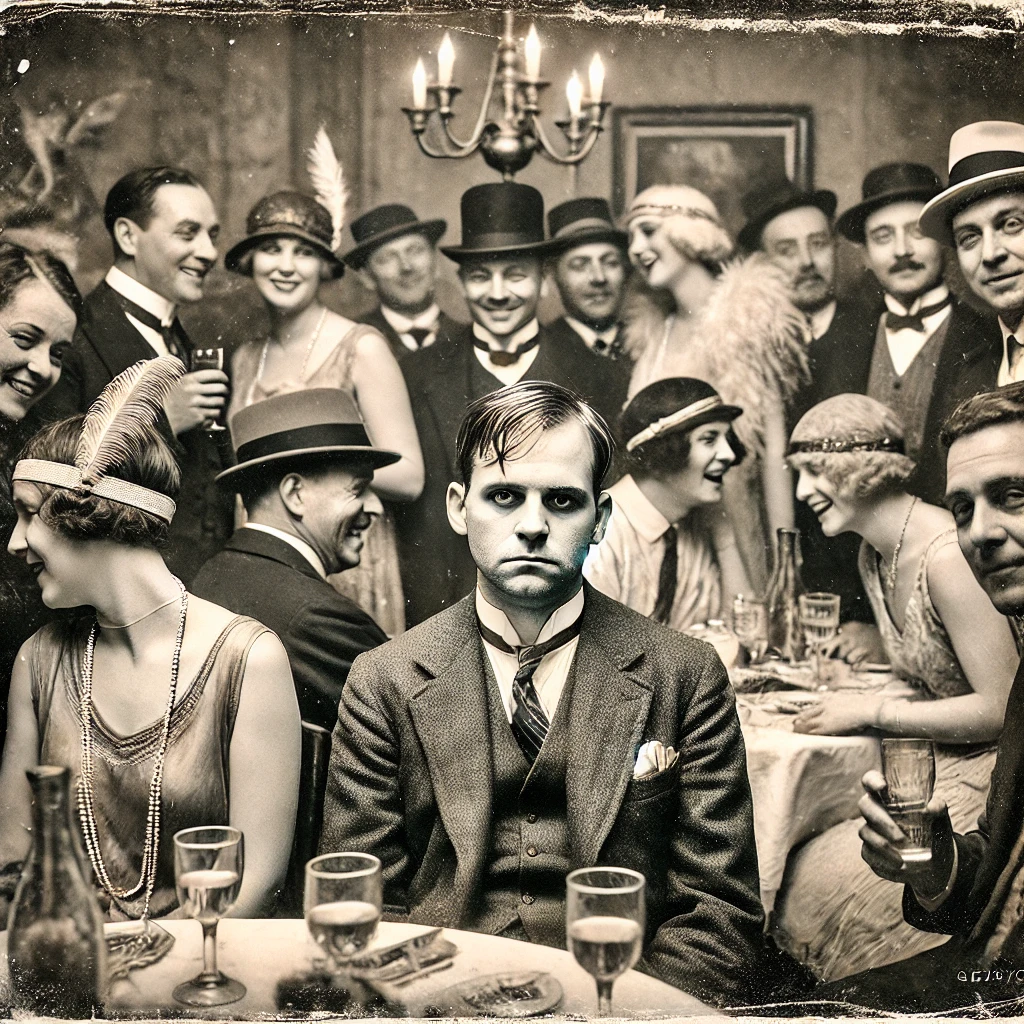Why Do American Conservatives Dislike Celebrities and Perceive Them as Influential?
- 18 Nov, 2024

Why Do American Conservatives Dislike Celebrities and Perceive Them as Influential?
In the grand theater of American politics, celebrities often find themselves cast in roles they may not have auditioned for. From Hollywood hills to the music industry’s glitzy stages, these stars are not just entertainers but also perceived as influential figures in shaping public opinion. However, this influence isn’t always met with applause, especially from American conservatives. Let’s dive into this intriguing phenomenon with the spotlight on why conservatives might harbor a distaste for celebrities and their perceived sway over the masses.
The Celebrity Influence: A Star-Studded Reality
Celebrities as Modern-Day Oracles
In today’s media-saturated world, celebrities wield significant influence over public opinion. Their voices echo across social media platforms, television screens, and even political rallies. According to a Morning Consult survey, conducted in October 2023, a notable portion of young people and liberals admit to being influenced by celebrities’ social and political opinions. The survey, which included 2,201 U.S. adults, revealed that 63% of Gen Z adults and 57% of millennials are interested in celebrities’ views, compared to only 38% of Gen Xers and 20% of baby boomers (Morning Consult).
The Liberal Leaning of Hollywood
Hollywood has long been perceived as a bastion of liberal thought. This perception is not entirely unfounded, as the entertainment industry has historically leaned towards progressive values. In the 2016 U.S. presidential election, campaign contributions from the entertainment sector overwhelmingly favored Democrats (New Statesman). This liberal tilt is often at odds with conservative values, leading to a cultural clash that fuels conservative disdain for celebrity influence.
The Conservative Perspective: A Starry-Eyed Skepticism
Political Neutrality and Expertise
Conservatives often argue that celebrities should maintain political neutrality. They believe that entertainers’ primary role is to entertain, not to engage in political discourse that could alienate fans with differing views (Medium). Moreover, celebrities are frequently criticized for lacking expertise in politics, economics, or policy. Relying on their opinions, conservatives argue, can lead to oversimplified and misguided solutions to complex problems.
The Hollywood Elite and Perceived Hypocrisy
The term “Hollywood elite” is often used pejoratively by conservatives to describe celebrities who, in their view, are out of touch with the everyday struggles of average Americans (Medium). This perception is exacerbated by instances where celebrities espouse certain values while living lifestyles that seemingly contradict those values. For example, Hollywood’s opulence and the wealth of its stars often clash with their public stances on inequality and social justice (New Statesman).
The Influence of Celebrity Endorsements: A Double-Edged Sword
The Power of Endorsements
Celebrity endorsements can significantly impact political campaigns. Oprah Winfrey’s endorsement of Barack Obama in the 2008 presidential race is often cited as one of the most successful celebrity endorsements in history, contributing to increased voter participation and campaign contributions (The Conversation). However, the effectiveness of such endorsements varies across demographics. Research suggests that young adults are more likely to be influenced by celebrities than older generations, and men are more likely than women to consider celebrities influential (The Conversation).
The Risks of Celebrity Activism
While celebrity activism can raise awareness and influence public opinion, it also carries risks. Celebrities who voice political views risk alienating a portion of their audience, particularly if those views are controversial or polarizing. This potential backlash is a concern for both celebrities and the brands they endorse (Los Angeles Times).
The Conservative Backlash: A Cultural Clash
The Rise of Conservative Media
In response to the perceived liberal bias of mainstream media and Hollywood, conservatives have increasingly turned to alternative media sources that align with their values. Platforms like The Daily Wire and 1789 Capital have emerged to cater to conservative audiences, offering content that reflects their perspectives (Morning Consult).
The Hollywood Hate: A Historical Perspective
The conservative disdain for Hollywood is not a new phenomenon. It dates back to the 1970s, when American movie studios were criticized for producing films that reflected a disaffected zeitgeist. During this time, a new genre of patriotic action heroes emerged, providing a cultural counterbalance to the perceived liberalism of Hollywood (The Week).
Conclusion: A Star-Studded Paradox
In the end, the conservative aversion to celebrities and their influence is a complex interplay of cultural, political, and social factors. While celebrities undeniably hold sway over public opinion, their influence is not universally accepted or appreciated. For conservatives, the perception of celebrities as liberal elites who wield disproportionate influence over society is a source of contention and skepticism. As the cultural landscape continues to evolve, the relationship between celebrities and politics will likely remain a contentious and fascinating topic.
References
- Morning Consult. (2023). Celebrities’ political opinions impact survey. Retrieved from https://pro.morningconsult.com/analysis/celebrities-political-opinions-impact-survey
- Medium. (n.d.). The celebrity activist dilemma: Hollywood, YouTube influencers, and politics – a complex relationship. Retrieved from https://medium.com/@createsuccesspro/the-celebrity-activist-dilemma-hollywood-youtube-influencers-and-politics-a-complex-4634855ce3fb
- New Statesman. (2022). The hypocrisy of Hollywood liberalism. Retrieved from https://www.newstatesman.com/culture/film/2022/01/the-hypocrisy-of-hollywood-liberalism
- The Conversation. (2016). US election: What impact do celebrity endorsements really have? Retrieved from https://theconversation.com/us-election-what-impact-do-celebrity-endorsements-really-have-66204
- Los Angeles Times. (2017). Hollywood values updates. Retrieved from https://www.latimes.com/entertainment/la-et-hollywood-values-updates-20170105-htmlstory.html
- The Week. (2015). How conservatives learned to hate Hollywood. Retrieved from https://theweek.com/articles/447791/how-conservatives-learned-hate-hollywood
In the grand scheme of things, the conservative critique of celebrity influence is as much about cultural identity as it is about politics. As long as celebrities continue to wield their star power in the political arena, they will remain both celebrated and scrutinized figures in the ongoing drama of American politics.